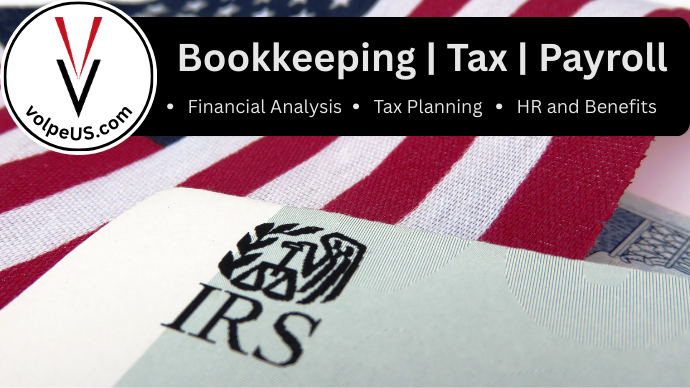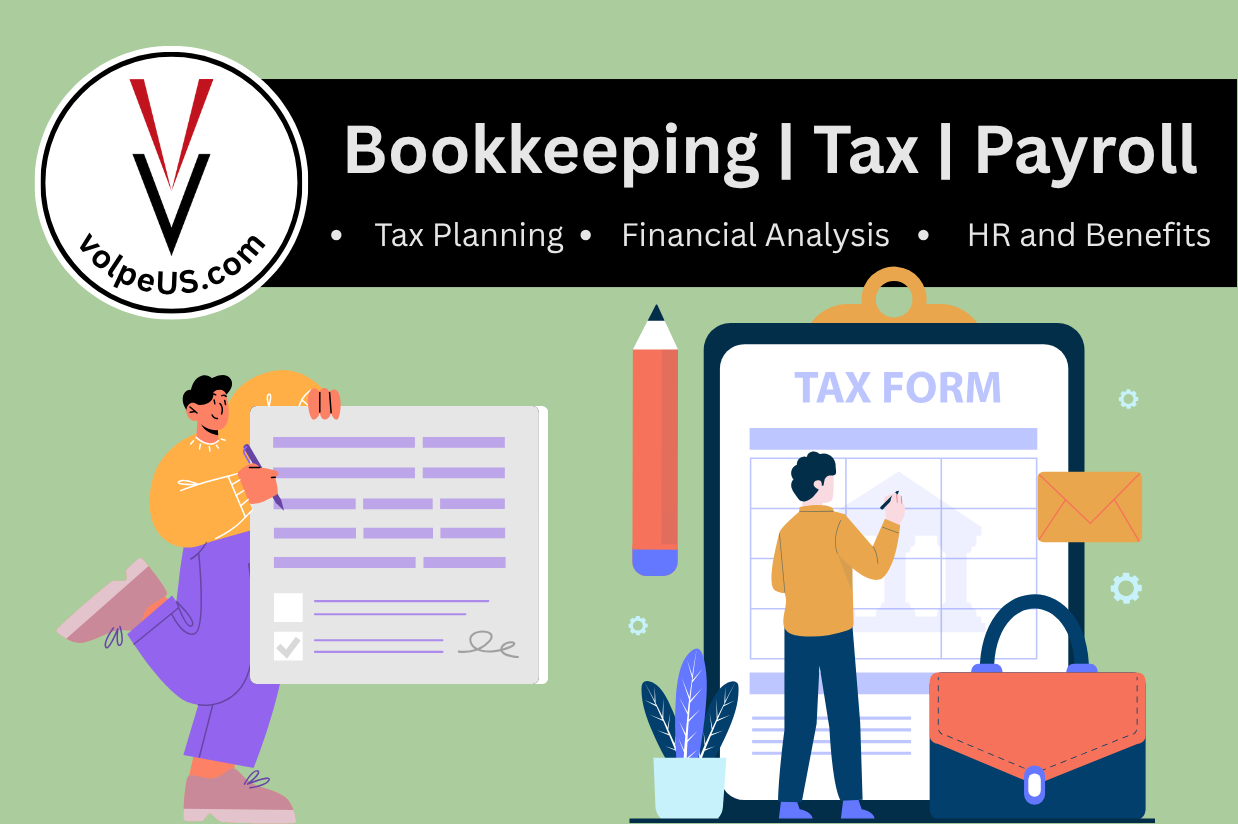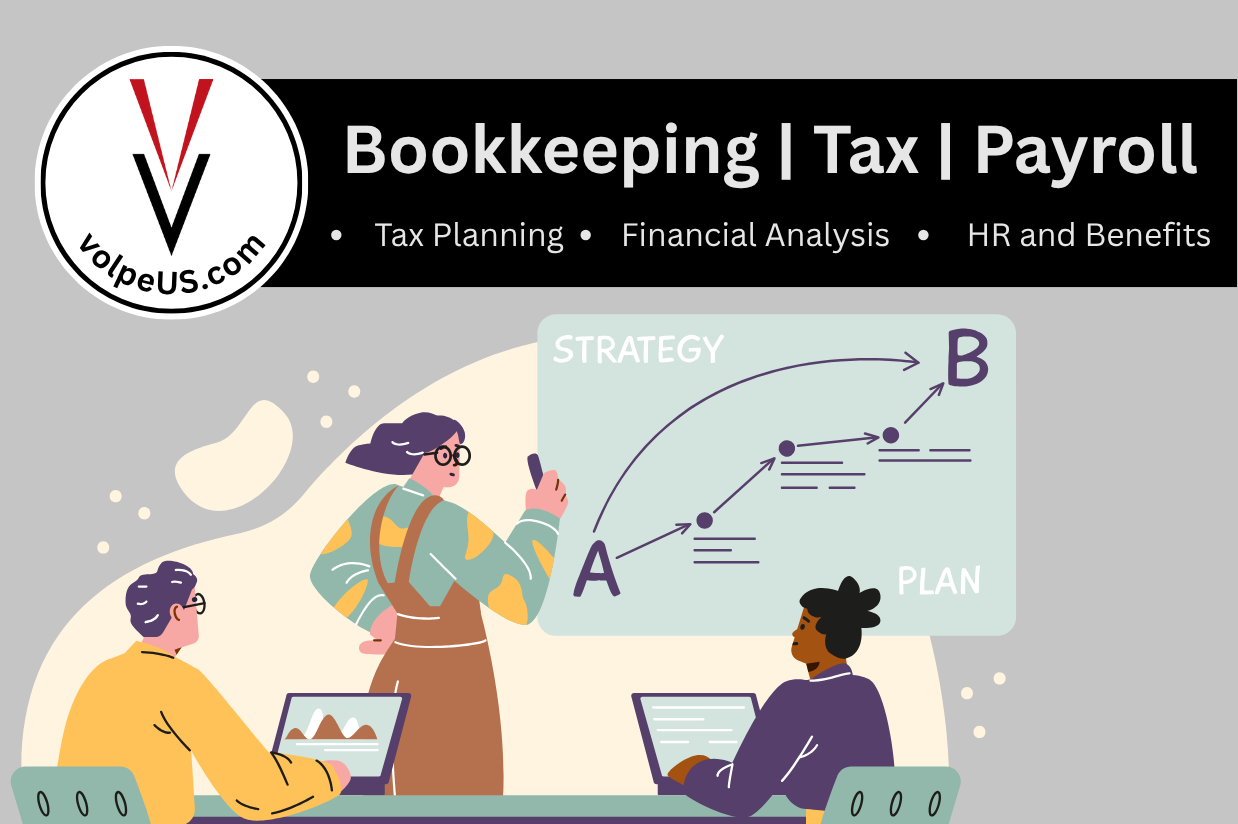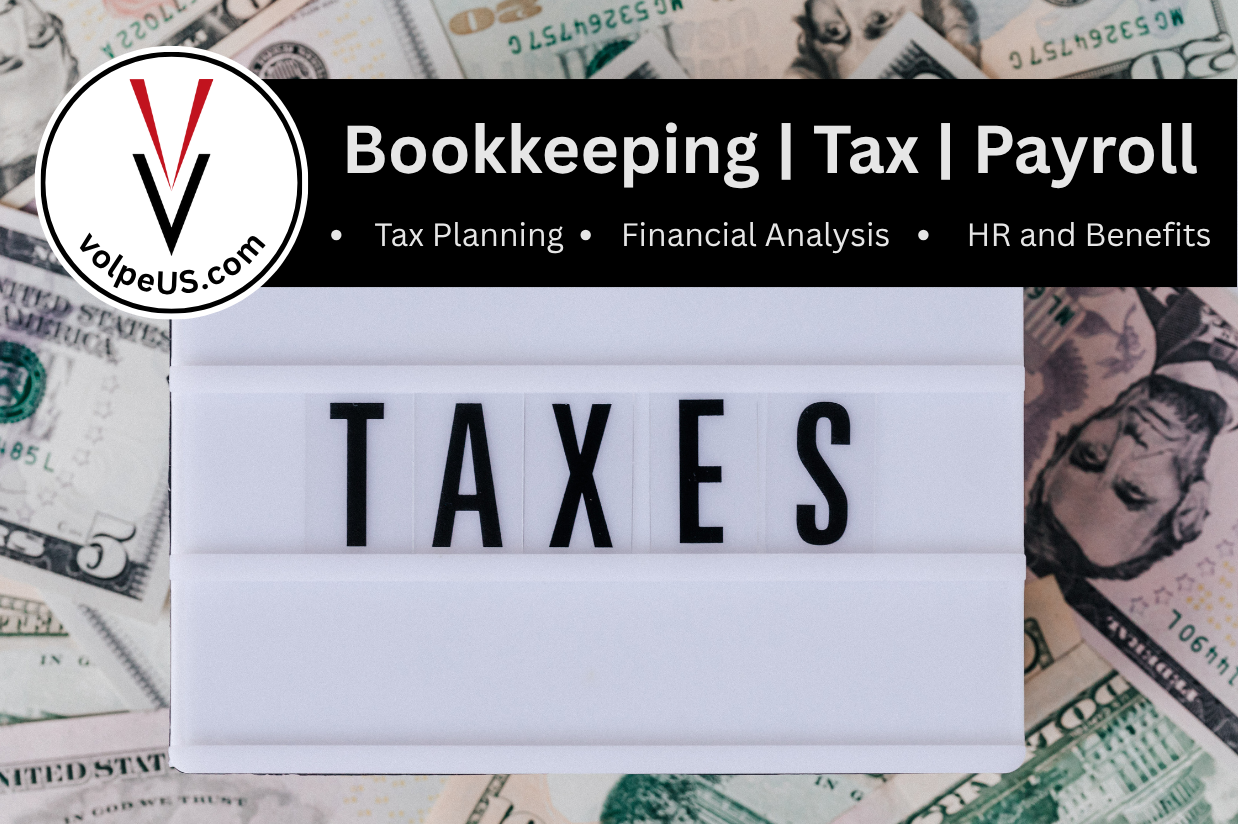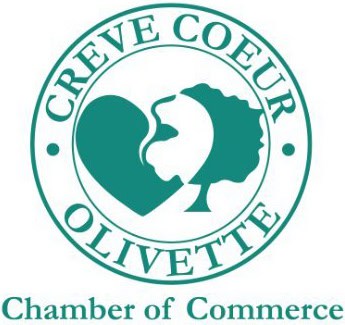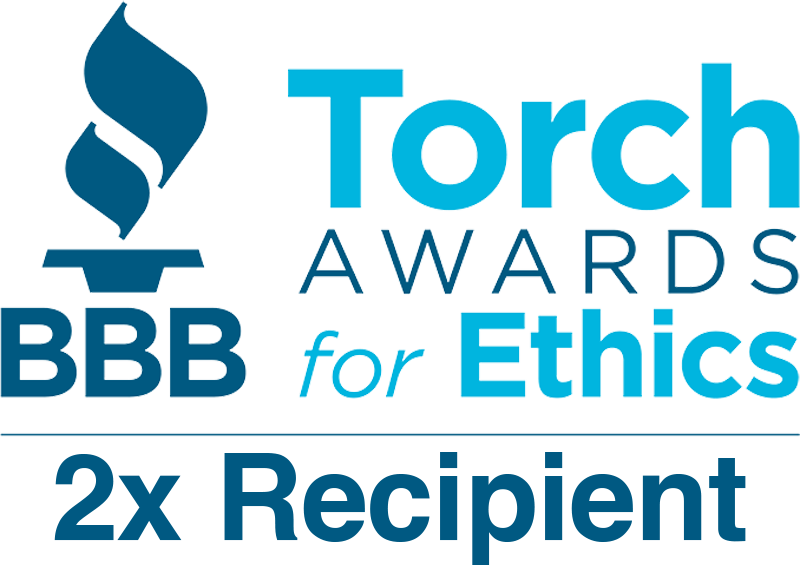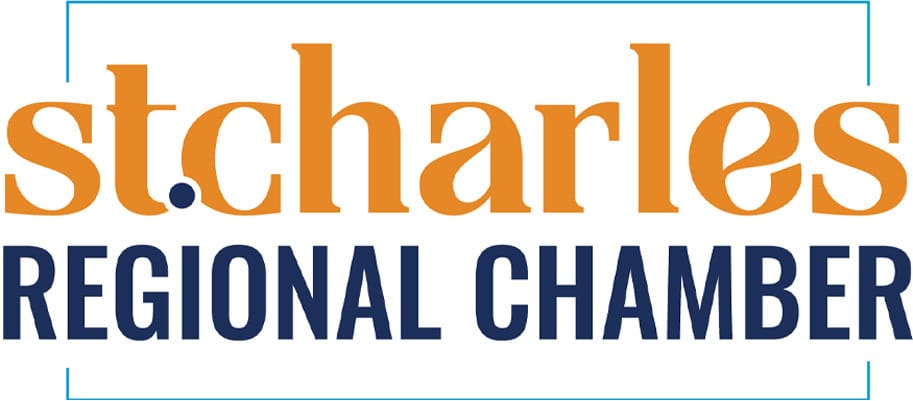Jump to a Specific Section
Franchise vs. Independent Business: What’s the Difference?
Starting and managing a small business is an endeavor filled with excitement, challenges, and opportunities. When it comes to structuring your business, there are primarily two paths: invest in a franchise, or establish an independent small business. Becoming a franchise vs. independent business owner is a major decision that will greatly influence your entrepreneurial trajectory.
Both paths have their unique sets of advantages and challenges, particularly when it comes to set-up, management, bookkeeping, tax preparation, and the various legal and tax forms. Understanding these differences is crucial for making an informed decision that aligns with your business goals and capabilities.

Setting Up Your Business
Franchise:
Investing in a franchise provides a structured and proven business model. Franchisees benefit from established branding, operational systems, and support from the franchisor.
- Franchise Agreement: The process starts with selecting a franchise and signing a franchise agreement. This legally binding document outlines the terms and conditions, including initial fees, ongoing royalties, and the duration of the franchise.
- Training and Support: Franchisors typically offer extensive training and ongoing support. This includes guidance on operations, marketing, and management, which reduces the learning curve for new business owners.
- Brand Recognition: One of the significant advantages of franchising is the immediate brand recognition and customer base. Franchisees benefit from the franchisor’s marketing efforts and established reputation.
- Funding: While initial franchise fees can be substantial, securing funding might be more accessible due to the proven business model. Lenders are often more willing to finance franchises compared to independent startups.
Independent Business:
Setting up an independent small business provides the freedom to create a unique brand and business model from scratch. Entrepreneurs can tailor every aspect of the business to fit their vision and market demands.
- Business Plan and Structure: Crafting a comprehensive business plan is the first step. This includes defining the business model, target market, marketing strategies, financial projections, and operational plans. Entrepreneurs must decide on the business structure (sole proprietorship, partnership, LLC, or corporation).
- Branding: Building a brand involves creating a unique name, logo, and overall brand identity. Entrepreneurs have complete control over branding decisions and can pivot as necessary.
- Funding: Securing funding can be challenging. Options include personal savings, bank loans, venture capital, and crowdfunding (or perhaps a ROBS—check out our article about it to see if it’s a good option for you). Each funding source has its pros and cons, and obtaining capital often requires a robust business plan and financial projections.
- Location and Permits: Choosing a location requires market research and negotiations for leasing or purchasing property. Additionally, obtaining the necessary permits and licenses is essential for legal operation.
Management and Operations
Franchise:
- Standardization: Franchises operate under standardized procedures and guidelines set by the franchisor. This ensures consistency across all franchise locations but can limit the franchisee’s ability to innovate or personalize the business.
- Support Systems: Franchisors provide ongoing support, including marketing, training, and operational assistance. This support network can be invaluable, particularly for first-time business owners.
- Resource Allocation: Franchisees benefit from the franchisor’s bulk purchasing power, marketing campaigns, and established supply chains, which can reduce costs and streamline operations.
Independent Business:
- Autonomy: Independent business owners have full control over every aspect of the business. This includes decision-making on product lines, marketing strategies, and operational processes. While this autonomy is empowering, it also requires a diverse skill set and the ability to adapt quickly to market changes.
- Flexibility: Independent businesses can quickly pivot and adapt to new trends or market demands. This flexibility can be a significant advantage in dynamic markets.
- Resource Allocation: Managing resources efficiently is crucial. Independent owners must juggle various roles, from HR to marketing, often with limited resources and personnel.

Whether you choose the franchise vs. independent path, you must follow certain rules and regulations to remain in compliance with GAAP accounting principles and legal tax statutes.
Bookkeeping and Accounting
Franchise:
- Standardized Systems: Franchisors typically mandate specific accounting and bookkeeping systems to ensure uniformity across all franchise locations. This standardization simplifies training and support but can limit flexibility.
- Integrated Software: Many franchisors provide or recommend integrated software solutions that sync with their central systems. This integration facilitates real-time reporting and compliance with franchisor requirements.
- Support and Training: Franchisors often offer bookkeeping and accounting training as part of their support package. This helps franchisees maintain accurate records and comply with financial reporting standards.
Independent Business:
- Customized Systems: Independent businesses can choose or develop bookkeeping systems tailored to their specific needs. This flexibility allows for customization but requires a thorough understanding of accounting principles.
- Software Options: Business owners can select from a variety of accounting software options, such as QuickBooks, Xero, or Wave. The choice depends on the business’s size, complexity, and budget.
- Manual Oversight: Without the structured support of a franchisor, independent owners must stay vigilant in maintaining accurate financial records. This includes tracking income, expenses, payroll, and tax obligations. The best option might be to hire a third-party bookkeeper to keep your costs low, your records accurate, and your time better devoted to growing your business.
Tax Preparation and Filing
Franchise:
- Tax Guidance: Franchisors often provide guidance on tax preparation and filing. This support can include recommended accounting practices and access to preferred tax professionals familiar with the franchise model.
- Royalty and Franchise Fees: Franchisees must account for royalties and franchise fees when preparing taxes. These fees are typically deductible business expenses, but accurate tracking is essential.
- Uniform Tax Practices: Franchises benefit from established tax practices and support from the franchisor, which can simplify the tax preparation process and reduce the risk of errors.
Independent Business:
- Tax Complexity: Independent business owners must navigate the complexities of federal, state, and local taxes. This includes income tax, sales tax, payroll tax, and self-employment tax.
- Deductions and Credits: Business owners must stay informed about available deductions and credits to minimize tax liability. This requires a proactive approach to tax planning and compliance.
- Hiring Professionals: Many independent business owners hire accountants or tax professionals to ensure accurate and timely tax filing. This can be a significant expense but is often necessary to avoid costly mistakes.

Legal and Regulatory Compliance
Franchise:
- Compliance Support: Franchisors provide extensive support to ensure compliance with all legal and regulatory requirements. This includes guidance on employment laws, health and safety standards, and industry-specific regulations.
- Standardized Procedures: Franchises operate under standardized procedures and protocols, which simplifies compliance and reduces the risk of legal issues.
- Ongoing Training: Franchisors offer ongoing training on legal and regulatory compliance, helping franchisees stay informed about changes in laws and regulations.
Independent Business:
- Navigating Regulations: Independent business owners must navigate a complex web of regulations, including zoning laws, health and safety standards, employment laws, and industry-specific regulations. Compliance requires ongoing attention and resources.
- Legal Support: Engaging legal counsel is often necessary to ensure compliance with all applicable laws and regulations. This can be a significant expense but is crucial for avoiding legal issues.
- Documentation and Reporting: Maintaining accurate and comprehensive documentation is essential for legal compliance. This includes contracts, employee records, licenses, and permits.
Franchise vs. Independent Business: Now You Know
Choosing between investing in a franchise vs. independent business ownership involves careful consideration of various factors. Independent business owners enjoy the freedom to innovate and create a unique brand but must navigate complex challenges largely on their own. Franchisees benefit from established systems, brand recognition, and extensive support, but must adhere to the franchisor’s guidelines and limitations.
Understanding the differences between a franchise vs. independent business is essential to make the best decision for your ambition and discipline. By weighing the pros and cons of each approach, entrepreneurs can choose the path that best aligns with their goals, resources, and risk tolerance.
Regardless of the franchise vs. independent route you choose, success in business requires dedication, hard work, and a commitment to continuous learning and improvement. Whether blazing a trail as an independent business owner or joining a franchise network, the journey is filled with opportunities for growth and achievement.



